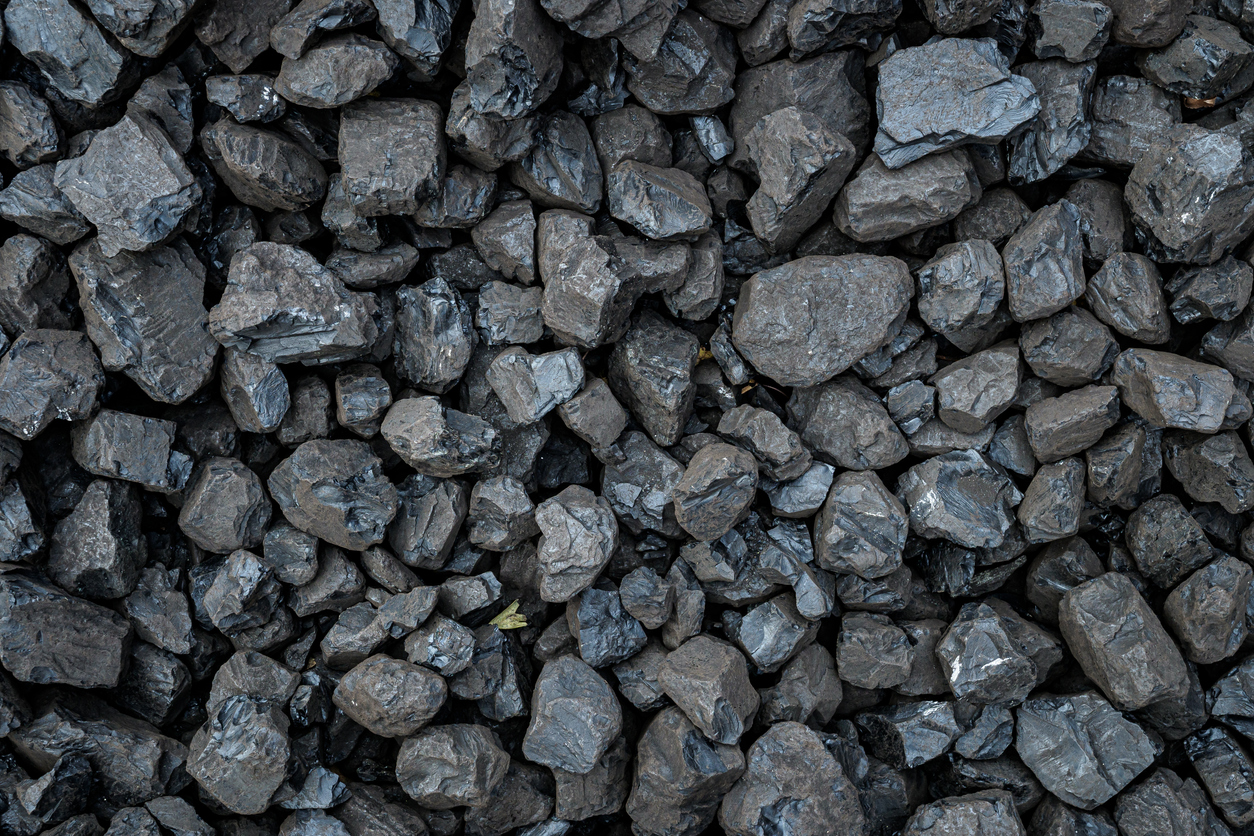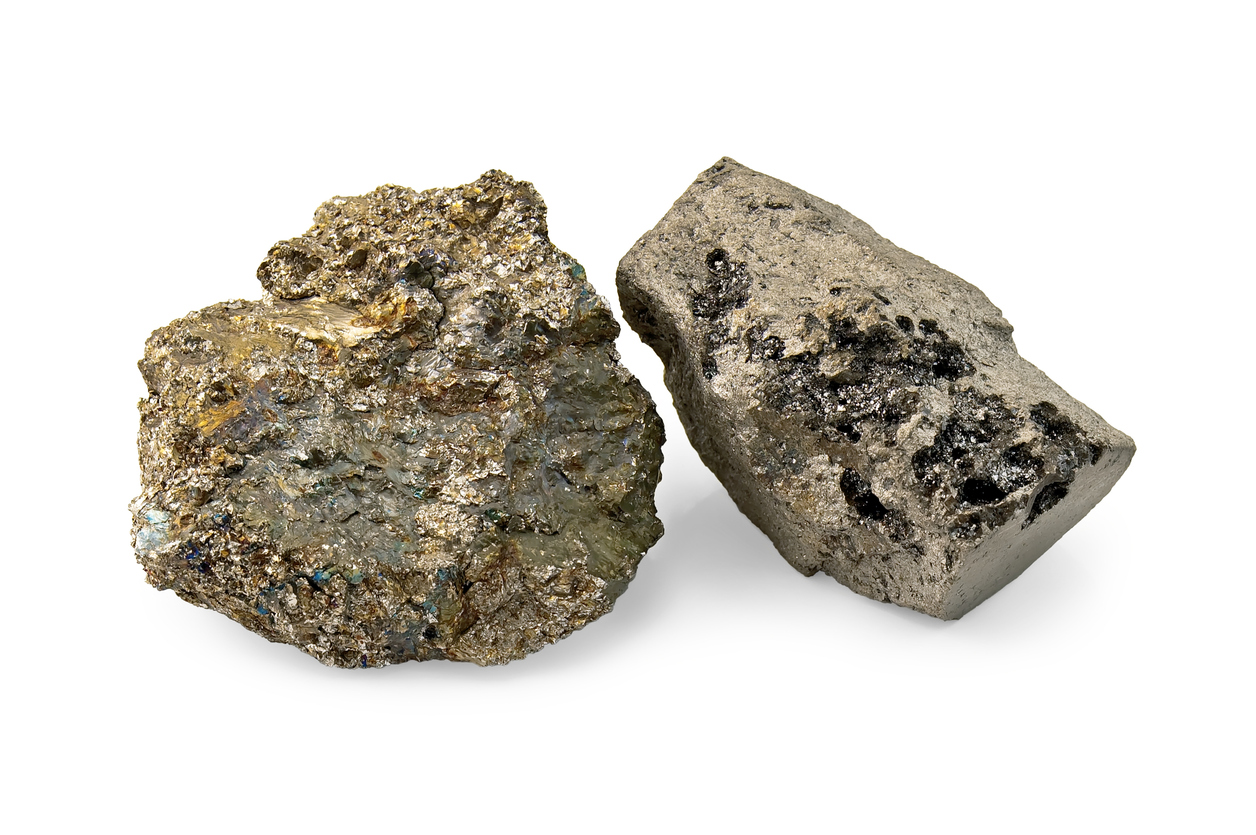The Power of Lignite: Understanding its Significance in Nigeria’s Energy Sector with Wigmore Trading
The Power of Lignite: Understanding its Significance in Nigeria’s Energy Sector with Wigmore Trading
Welcome to another exciting blog post where we delve into the dynamic world of Nigeria’s energy sector, and today, we have a special focus on the unsung hero fueling this nation’s growth – lignite. Join us as we uncover the remarkable significance of lignite and how one company, Wigmore Trading, is harnessing its power to revolutionize Nigeria’s energy landscape. Get ready to be amazed by the untapped potential that lies within this black gold and discover why it holds the key to a brighter future for Nigeria!
Introduction to Lignite and its Uses
Introduction to Lignite and its Uses
Lignite, also known as brown coal, is a type of low-grade coal that is formed from peat deposits. It is considered the lowest rank of coal due to its relatively low heat content and high moisture content. Despite this, lignite still plays a significant role in the energy sector, particularly in countries like Nigeria.
In this section, we will delve into the origins and characteristics of lignite, as well as its various uses in different industries.
Origins and Characteristics of Lignite
Lignite is formed through the process of coalification – the transformation of plant material into coal under high pressure and temperature. Unlike other types of coal such as anthracite or bituminous coal which have undergone multiple stages of coalification, lignite has only been subjected to minimal pressure and heat, resulting in its lower quality.
One distinguishing characteristic of lignite is its brown coloration due to its high organic content. It also has a soft texture and can easily crumble when handled. Another key feature is its high moisture content, which can range from 20-40%, making it difficult to transport and store without proper handling techniques.
Uses of Lignite
Despite its lower quality compared to other types of coal, lignite has a wide range of uses in various industries:
1. Electricity Generation
The most common use for lignite is in electricity generation. In Nigeria specifically, around 80% of electricity production comes from fossil fuels such as lignite . Power plants use steam turbines to convert the energy from burning lignite into electricity.
2. Fertilizer Production
Lignite can also be used as a source of organic matter in the production of fertilizers. Its high organic content makes it an excellent soil amendment, providing essential nutrients for plant growth.
3. Synthetic Fuel Production
Lignite can be converted into synthetic fuels through a process called gasification. This involves heating the coal in a controlled environment to produce a gas that can then be used as a fuel for power generation or transportation.
4. Industrial Applications
Lignite is used in various industrial applications such as brick and cement production, where it is used as a source of heat during the firing process.
5. Chemical Production
The by-products of lignite combustion, such as fly ash and bottom ash, can be used in the production of chemicals and other industrial products such as activated carbon, which has applications in water treatment and air purification.
Conclusion
Despite its lower quality compared to other types of coal, lignite still has significant uses in various industries. Its abundance and relatively low cost make it an attractive option for countries like Nigeria, where it plays a crucial role in electricity generation.
History of Lignite Mining in Nigeria
The history of lignite mining in Nigeria dates back to the early 1900s, when coal was discovered in Enugu, a city in the southeastern part of the country. However, it wasn’t until the 1950s that lignite, a lower grade form of coal, was first mined and utilized for energy production.
During this time, Nigeria was primarily dependent on imported fuels for its energy needs. The discovery and subsequent mining of lignite provided a much-needed boost to the country’s economy and energy sector. Lignite became a key source of fuel for power generation and industrial use, leading to significant growth and development in these sectors.
In the 1960s, with the establishment of the Nigerian Coal Corporation (NCC), lignite mining saw further expansion. The NCC played a crucial role in coordinating coal production and distribution across various regions of Nigeria. This led to an increase in investments from both local and international companies interested in exploiting Nigeria’s abundant lignite reserves.
One major milestone in the history of lignite mining in Nigeria was the construction of two large power plants – Oji Power Station and Ijora Power Station – which were completed in 1962 and 1963 respectively. These plants were powered by locally-mined lignite and helped meet the growing demand for electricity at that time.
The Role of Wigmore Trading in the Nigerian Energy Sector
Introduction to the Nigerian Energy Sector:
The Nigerian energy sector is a crucial aspect of the country’s economy, accounting for over 60% of its total export revenue and providing employment opportunities for millions of Nigerians. It plays a significant role in driving economic growth, meeting the energy needs of industries and households, and reducing dependency on imported fuels.
One key player in this sector is Wigmore Trading Limited, a leading supplier of solid minerals such as lignite and coal. In this section, we will delve into the essential role that Wigmore Trading plays in the Nigerian energy sector.
Supplying Lignite for Power Generation:
Lignite is a low-grade coal with high moisture content that makes it less efficient than other types of coal. However, it remains an important source of energy in Nigeria due to its abundance and affordability. Wigmore Trading has been at the forefront of supplying lignite to power plants across the country.
Wigmore Trading sources lignite from various mines within Nigeria, ensuring consistent supply to meet the growing demand for electricity. The company also invests in advanced technologies to process and refine lignite, making it more suitable for power generation. This not only contributes significantly to meeting Nigeria’s electricity needs but also supports local mining communities by creating job opportunities.
Benefits and Challenges of Lignite Mining in Nigeria
Benefits:
1. Reliable Source of Energy: Lignite, also known as brown coal, is a type of low-grade coal that is high in moisture and low in energy density. However, it is still considered a significant source of energy in Nigeria’s energy sector. Lignite mining provides a reliable and continuous supply of fuel for power generation plants, helping to meet the country’s growing demand for electricity.
2. Abundant Reserves: Nigeria has an estimated 639 million tonnes of lignite reserves, making it the fifth-largest producer in the world. The abundance of this natural resource makes it a cost-effective option for meeting the country’s energy needs.
3. Job Creation: Lignite mining requires a large workforce, providing employment opportunities for many people in local communities where mines are located. This helps to alleviate poverty and improve the standard of living in these areas.
4. Boost to Economic Growth: With its vast reserves, lignite mining can contribute significantly to Nigeria’s economy by generating revenue through exports and taxes paid by mining companies.
5. Diversification of Energy Mix: Currently, Nigeria heavily relies on oil and gas for its energy needs. The development of the lignite industry will help diversify the country’s energy mix and reduce its dependence on non-renewable sources.
Impact on the Environment and Local Communities
Lignite, also known as “brown coal”, is a type of low-grade coal that has been used as a source of energy for centuries. In recent years, lignite has gained significant attention in Nigeria’s energy sector due to its abundance and potential economic benefits. However, the use of lignite has raised concerns about its impact on the environment and local communities.
Environmental Impact:
The extraction and combustion of lignite can have severe negative impacts on the environment. One of the major concerns is air pollution caused by emissions from burning lignite. Lignite contains high levels of sulfur and other pollutants, which when released into the atmosphere can contribute to smog and acid rain. This not only harms human health but also damages vegetation, soils, and water bodies.
Furthermore, lignite mining can lead to deforestation and destruction of natural habitats for wildlife. The process requires large areas to be cleared for open-pit mining operations, resulting in loss of biodiversity and disruption of ecosystems.
Water pollution is another concern associated with lignite mining and power generation. The process produces large amounts of waste material containing heavy metals such as mercury, arsenic, and lead that can contaminate water sources if not properly managed.
Local Community Impact:
The extraction and use of lignite also have significant social implications for local communities living near mines or power plants. The displacement of communities due to land acquisition for mining activities disrupts their traditional way of life and livelihoods.
Government Policies and Regulations Surrounding Lignite Mining
Government policies and regulations play a crucial role in the mining industry, especially when it comes to lignite mining. Lignite, also known as brown coal, is a low-grade coal that is commonly used for power generation due to its abundance and relatively lower cost compared to other types of coal.
In Nigeria, the government has implemented various policies and regulations surrounding lignite mining in order to ensure responsible and sustainable operations in the country’s energy sector. These policies are aimed at guiding companies involved in lignite mining towards efficient and environmentally friendly practices.
One of the key policies governing lignite mining in Nigeria is the Nigerian Minerals and Mining Act of 2007. This act provides guidelines for all activities related to mineral exploration, exploitation, and management within the country. It also establishes a regulatory framework for licensing miners and enforcing compliance with environmental standards.
In addition to this act, there are also specific regulations set by government agencies such as the Ministry of Mines and Steel Development (MMSD) and the Nigerian Mining Cadastre Office (NMCO). These regulations cover aspects such as required permits, environmental impact assessments, community engagement, health and safety protocols, among others.
Another important policy that affects lignite mining in Nigeria is the National Policy on Solid Minerals Development released by the Federal Government in 2016. This policy aims to promote sustainable development of solid minerals resources while ensuring that communities benefit from these resources through job creation, infrastructure development, and revenue sharing.
Future Outlook for Lignite in Nigeria’s Energy Sector
Lignite, also known as brown coal, is a type of low-grade coal that is typically used for power generation. In Nigeria, it has been an important source of energy for many years and played a significant role in the country’s economic development. However, with the increasing focus on renewable energy sources and concerns about environmental impact, the future outlook for lignite in Nigeria’s energy sector is uncertain.
One of the main challenges facing lignite in Nigeria’s energy sector is its high carbon content. This makes it one of the most polluting forms of fossil fuel and raises concerns about greenhouse gas emissions. The Nigerian government has recognized this issue and taken steps to reduce reliance on lignite by diversifying its energy mix and promoting cleaner sources such as natural gas and renewables.
Despite these efforts, lignite still accounts for a significant portion of Nigeria’s electricity generation. According to recent data from the International Energy Agency (IEA), lignite accounted for around 22% of total electricity production in 2019, second only to natural gas at 26%. This highlights the continued importance of lignite in meeting Nigeria’s growing demand for electricity.
In addition to its contribution to electricity generation, lignite also plays a crucial role in other industries such as cement manufacturing. It is widely used as a source of heat in kilns during cement production due to its low cost compared to other fuels.
Conclusion: Harnessing the Power of Lignite for Sustainable Development
Conclusion: Harnessing the Power of Lignite for Sustainable Development
Lignite is a vital resource in Nigeria’s energy sector that has immense potential to drive sustainable development. It is a cost-effective and abundant source of energy that can support economic growth while also reducing the country’s carbon footprint.
One of the key advantages of lignite is its accessibility. With large deposits found in different regions of Nigeria, it provides an opportunity for localized energy production and distribution. This can help address the issue of limited access to electricity in rural areas and stimulate economic activities in these communities.
Moreover, harnessing lignite for power generation can also create job opportunities and boost local economies by attracting investments in related industries such as mining, transportation, and construction. This will not only contribute to poverty reduction but also promote inclusive growth across the country.
Furthermore, utilizing lignite as an alternative to fossil fuels can significantly reduce greenhouse gas emissions and combat climate change. As a low-carbon fuel source, it offers a viable solution towards achieving Nigeria’s commitments under the Paris Agreement on Climate Change.
However, tapping into the full potential of lignite requires significant investments in technology and infrastructure. The Nigerian government should prioritize developing policies and incentives to attract private investors and foster collaboration between public and private sectors in this sector.
Additionally, efforts must be made towards ensuring responsible mining practices that minimize environmental impacts. Proper planning and management strategies should be put in place to mitigate any potential negative effects on local communities or ecosystems.








Comments are closed.